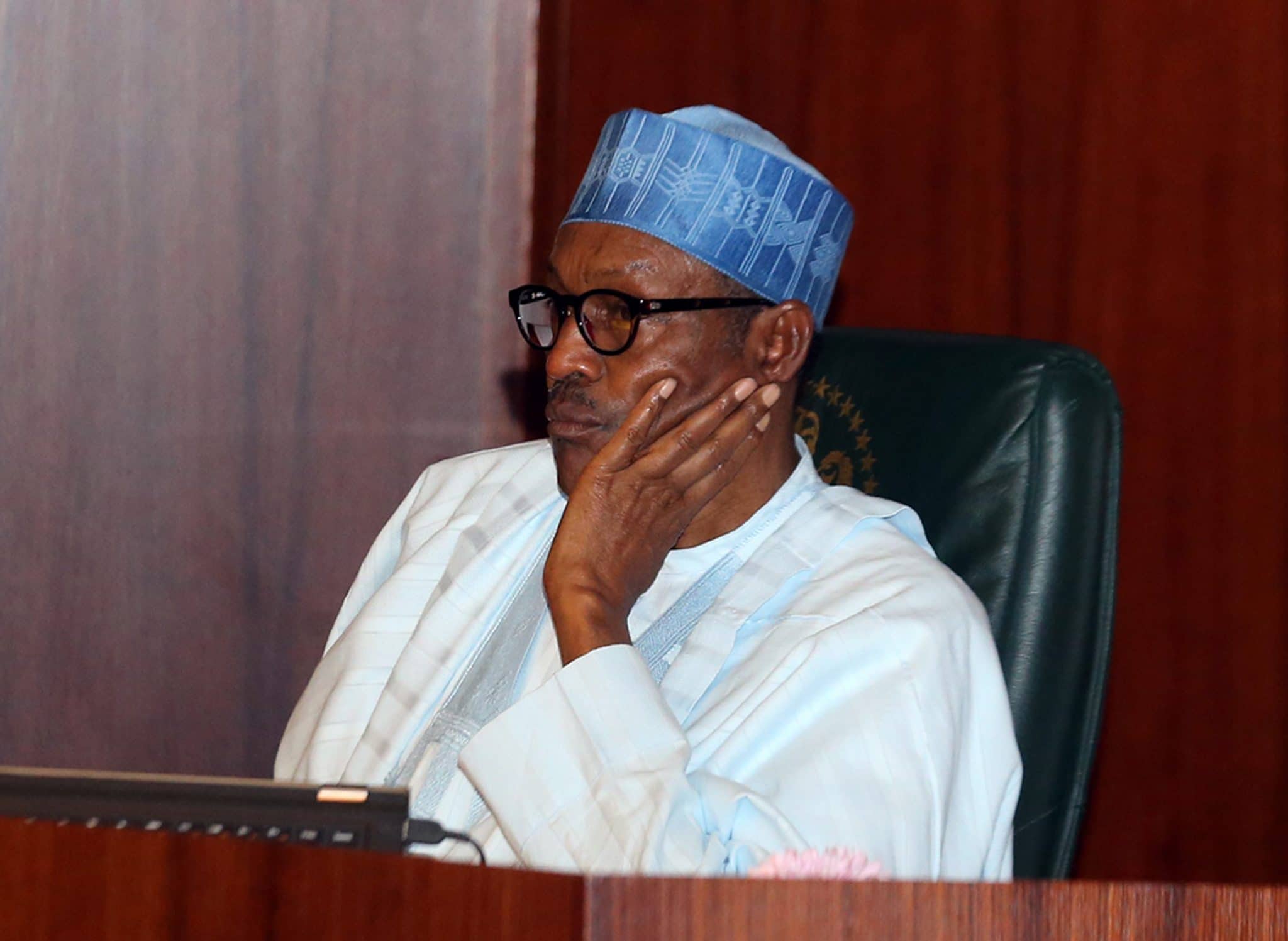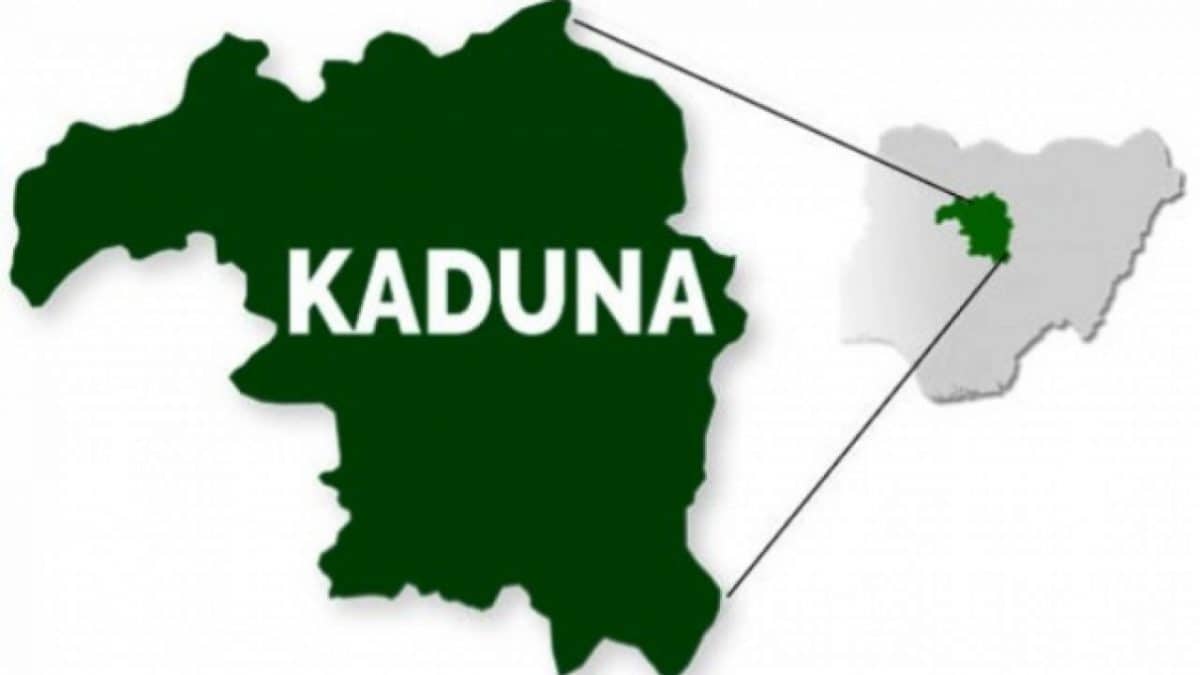President Muhammadu Buhari, yesterday, identified drug trafficking and abuse as more threatening to the stability of the nation than banditry and insurgency that are prevalent in some parts of Nigeria.
The president, declared that drug abuse has become so endemic in the country now that it already stretches across three generations of grandparents, parents and their wards.
This is just as the the National Drug Law Enforcement Agency (NDLEA), has disclosed that within the last five months, no fewer than 2,180 suspected traffickers including five drug barons had been nabbed across the country.
President Buhari, who was represented by the Secretary to the Government of the Federation, Mr Boss Mustaph, spoke at the launch of the War Against Drug Abuse (WADA), an initiative of the NDLEA to mark the United Nations International Day Against Drug Abuse and Illicit Drug Trafficking themed: “Share Facts on Drugs. Save Lives.”
The President emphasised that the anti-drug war was more deadly than the insurgency in the Northeastern part of the country or the acts of banditry in the Northwest or the acts of kidnapping that transcends all the geopolitical zones of this country.
According to him, it is a war that is destroying three generations, because there were clips of some grandparents on drugs, parents on drugs, and by extension, their wards and children had also taken to drugs.
“So, this is a war that is targeting three generations in a stretch. So, it is more deadly than even the security challenges that we are having in this country and I believe strongly that every effort must be put in place to ensure that we deal with the issues of substance abuse and trafficking and manufacture so that we can get to the root cause of the mirage of insecurity problems that are confronting this nation and I believe strongly, with every bit of conviction, that if we are able to deal with the issues of drug abuse, substantially, our security challenges will drastically reduce as we walk towards a drug free, Nigeria”.
The President also charged the NDLEA to intensify efforts at ridding the vast forests of the Southwest and South-South regions of the country of criminal elements, who had made the places their hideouts, from where they launch criminal onslaughts as well as for farming marijuana.
President Buhari said: “I am directing the NDLEA to develop a robust risk-communication and community engagement strategy that will not only disseminate the four pillars of the plan to responsible entities, but also deal with destroying production sites and laboratories, break the supply chain, discourage drug use and prosecute offenders as well as traffickers, rehabilitate addicts and enforcement of relevant laws.
“I want to particularly draw the attention of the agency to the fact that the use of many of our forests as criminal hideouts is because large swathes of cannabis plantations are hidden deep within those forests, especially, in the Southwest and the South-South.
“You may, therefore, need to drive these criminal elements from such hideouts, because they use it for the growth of these plants and also as a repository for criminal elements to conclude and plan their adventures on our people”.
He, however, called on all families, schools, civil society organisations, professional associations, religious organisations, the academia, community leaders and individuals to work for the common good in order to rid their communities of drug use and trafficking.
“As your President, I will continue to address underlying causes of drug abuse, including poverty reduction, for which my pledge for lifting 100 million Nigerians out of poverty in the next 10 years and strengthened by the recently developed National Poverty Reduction with Growth Strategy signposts my unwavering commitment.
“I would like to appreciate our stakeholders and international collaborators, especially, the European Union, and the United Nations Office for Drugs and Control, for their unwavering support to our drug control efforts, including the development of our roadmap. Also appreciated are the members of the inter-ministerial committee on drug control, civil society organisations, the academia, for their contributions and efforts to our National Drug Control initiatives.
“The war against drugs is a war that must be fought by all, it is therefore my pleasure, to declare on behalf of the good people of Nigeria, a War Against Drug Abuse (WADA), not just as a slogan, but a call for civil action for all Nigerians to take active part in this war”.
Shedding more light on their current efforts, Chairman of the NDLEA, Brig. Gen. Buba Marwa (rtd) put the cash value and drugs seized in the past five months since he assumed office at over N90 billion adding that over 2,180 traffickers had been arrested, including five drug barons controlling different cartels across Nigeria.
He also revealed that a record 2.05 million kilograms of drugs were intercepted and seized across the country; and 2,100 drug offenders prosecuted with 500 already jailed by courts.
According to him, “While the statistics are impressive, we wouldn’t deceive ourselves that we have succeeded in cleaning the Augean Stable in five months. We have only made a head start. We need to sustain the momentum. We need to win the drug war. We cannot afford to be complacent.”
Marwa said going by the available statistics, Nigeria ranked the highest users of cannabis worldwide, adding that revelations from kidnapped victims have collaborated the facts that illicit substances were enablers of insecurity currently plaguing the country.
He said: “It is not difficult to conclude that drugs have been catalysts of terrorism, kidnapping, banditry, armed robbery and various violent conflicts that are currently Nigeria’s albatross. The enormity of the danger of drug abuse calls for an urgent need to nip the problem in the bud. This is the reason we have redoubled our efforts in the past five months with the Maxim of Offensive Action.
“Today, it is a glaring fact that Nigerian youths are involved in drug abuse. Over the years, an undesirable subculture had flourished whereby adolescents and young adults wantonly indulged in the abuse of illicit substances. They not only became addicted to conventional substances such as cannabis and prescription opioids, such as tramadol and codeine, they also experimented with dangerous mixtures leading to novel psychotropic substances such as ‘monkey tail’ and ‘skoochies’.
“In the context of that warped reality, they also normalised the smoking of cannabis as we have seen in some popular music videos and on social media. ‘High’ became part of their social media. So, it wasn’t surprising, when research began to give us bleak statistics. The National Drug Survey 2019, for example, indicated that cannabis is the most commonly abused substance by an estimated 10.6 million Nigerians, some of whom started smoking as early as 19 years of age.
“The Global Drug Survey 2019, also, cited cannabis as the most abused substance with West Africa having the highest abuse prevalence. The World Health Organisation on substance abuse also stated unequivocally that cannabis is the most widely used illicit substance in Africa, with the highest prevalence, between 5.2% and 13.5%, found in West Africa. Ladies and Gentlemen, West Africa, by implication, means Nigeria”.
The NDLEA boss linked the successes recorded by the agency so far to the resolution of officers and men of the NDLEA to clean up Nigeria and make the country drug free.
He said: “And in this campaign, we are tackling the scourge of drug abuse and trafficking on all fronts. In addition to the arrest and prosecution of drug offenders, we have worked out intensive drug abuse awareness and sensitisation programmes targeting different groups, with an emphasis on youths. In this regard, my administration has thrown the door open to all for partnership in the fight against abuse of illicit substances. It is to this end that we have set up a Special Purpose Committee to involve stakeholders in the cause.”
Also speaking, Speaker of the House of Representatives, Hon Femi Gbajabiamila, called on the President to approve the appointment of 10,000 additional workers for NDLEA, which he said was currently “understaffed”, “underfunded”, and “ill-equipped”.
Gbajabiamila, who was represented by Chairman, House Committee on Drugs and Narcotics, Hon Francis Agwu, said the NDLEA was using weapons used during the civil war, stressing the need to fight the menace of drugs abuse in the country as all crimes were enabled by narcotics drugs addiction.
According to him, the National Assembly was working to amend the Police Trust Fund Act to ensure that other policing agencies like NDLEA benefitted from the pool, adding that efforts would be made to guarantee accelerated endorsement of the president after its amendment.
“If the surge in crimes must be minimised, then, we must fight narcotics drugs addiction,” he said.
In a goodwill message, the United Nations General Secretary, Antonio Guterres, lamented that the world drug problem remains an urgent challenge that threatens to exacerbate damage impact and hinder a healthy recovery.
Represented by Oliver Stolpe, the Country Representative, United Nations Office on Drugs and Crime (UNODC), the UN Scribe urged law enforcement agents to go after the criminals at the upper level of the drug trafficking chain, who reap the highest profit and wreak the greatest havoc.
Guterres said, the 2021 world drug report of UN, showed that death and crime attributed to disorders have nearly doubled over the past decade, adding that while new HIV/AIDS infections among adults have declined worldwide but not among people, who injected drugs, which accounted for 10 per cent of new infections in 2019.
He, however, claimed that international cooperation had helped to limit the proliferation of new psycho active substances but the problem was shifting to poorer regions, where control systems were weaker, drug sales continued to rise and non-medical use of pharmaceutical such as Tramadol and Codeine was expanding.
He too agreed that drug trafficking and organised crime fuel and perpetuate circles of violence and conflicts, adding that armed groups and terrorists profited from the illicit drugs trade, even as the economic fallout of the COVID-19 pandemic has left millions of people more vulnerable to drug crime and illicit drug cultivation.
In a related development, the Niger State Commander of the NDLEA, Mr. Haruna Kwatiche, has said bandits, kidnappers and terrorists operated after consuming hard drugs, which usually gave them fake confidence and strength.
Kwatiche, who disclosed this in Minna, Saturday, said these categories of people often claimed they did not know how and why they embarked on such acts after being arrested and when the effect of the drugs had worn out.
Speaking at an event to mark this years United Nations International Day Against Drug Abuse and illicit Trafficking, Kwatiche said the country should rise up to stop the circulation of hard drugs by bringing all peddlers under the law if the activities of bandits kidnapers and terrorists were to be reduced to the barest minimum in the country.
He admitted that 90 per cent of other crimes and criminalities were committed under the influence of drugs and warned that, “Until all stakeholders join hands together to fight this menace, crimes and criminalities will continue to increase
“The NDLEA is committed to confronting circulation and consumption of hard drugs frontally” the Niger commander declared, adding that to achieve this the Agency required the support of all the major stakeholders in the states of the federation.
The Niger State Governor, Alhaji Abubakar Sani Bello, who was represented by the Secretary to the State Government, Alhaji Ahmed Ibrahim Matane, commended the NDLEA for its renewed war against drug abuse and illicit trafficking in the state and assured the agency of government’s support in order to reduce the menace of drug abuse in the state.



